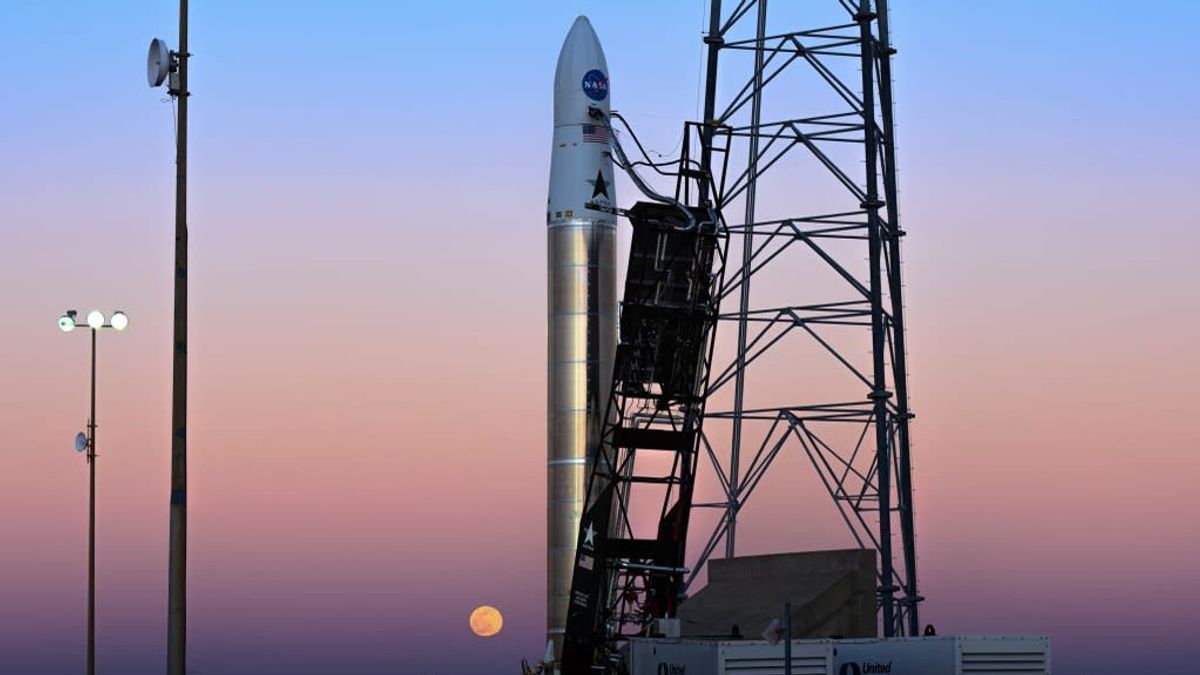JAKARTA - California-based rocket startup Astra Space Inc canceled plans to launch its first operational satellite, which is part of a NASA mission, on Monday, February 7, citing a last-second technical error.
The countdown stops at T-minus zero, just moments before Astra's kerosene-fueled two-stage Launch Vehicle 0008, also known as Rocket 3.3, will launch from Launch Complex 46 at Cape Canaveral Space Force Station in Florida.
Astra's Director of Product Management, Carolina Grossman, said during a live broadcast of the event that the launch team had decided some time later to cancel flights for the day and try again at an unspecified time in the future.
The next launch window available for NASA missions wasn't immediately clear. Both Astra and NASA said the launch was delayed due to a minor telemetry issue that required further review.
Shares of Astra, which went public on the NASDAQ in July, were down 14% in late trading on Monday after the mission was aborted for the day.
As reported by Reuters, the delayed ELaNa 41 Mission is designed to bring four mini research satellites, or CubeSats, into orbit for NASA - three of which were developed by a public university and one by NASA's Johnson Space Flight Center in Houston.
VOIR éGALEMENT:
ELaNa stands for the Educational Launch of Nanosatellite program, which has sent more than 100 CubeSats into space since launching in 2010 under the NASA Launch Services Program which contracted Astra for this mission.
Headquartered in Alameda, California, Astra is one of a growing series of start-ups building small payload launch systems to cash in on the exponential growth in compact satellites that require travel into orbit.
Leading runners in this class of commercial space ventures include Firefly Aerospace, owned by entrepreneur Max Polyakov, US-New Zealand start-up Rocket Lab (RKLB.O), and British billionaire Virgin Orbit, Richard Branson.
The boom has been driven in part by venture capital and technological advances that have reduced the size of, and increased the capability of, satellites used for everything from communications to national security and climate studies.
Astra prides itself on being the first rocket company to reach orbit in less than five years with Launch Vehicle 0007 flight, which demonstrated the orbital placement of a test payload in November 2021.
The English, Chinese, Japanese, Arabic, and French versions are automatically generated by the AI. So there may still be inaccuracies in translating, please always see Indonesian as our main language. (system supported by DigitalSiber.id)


















